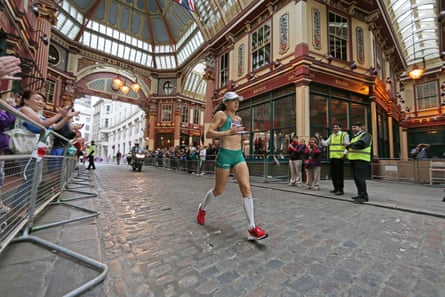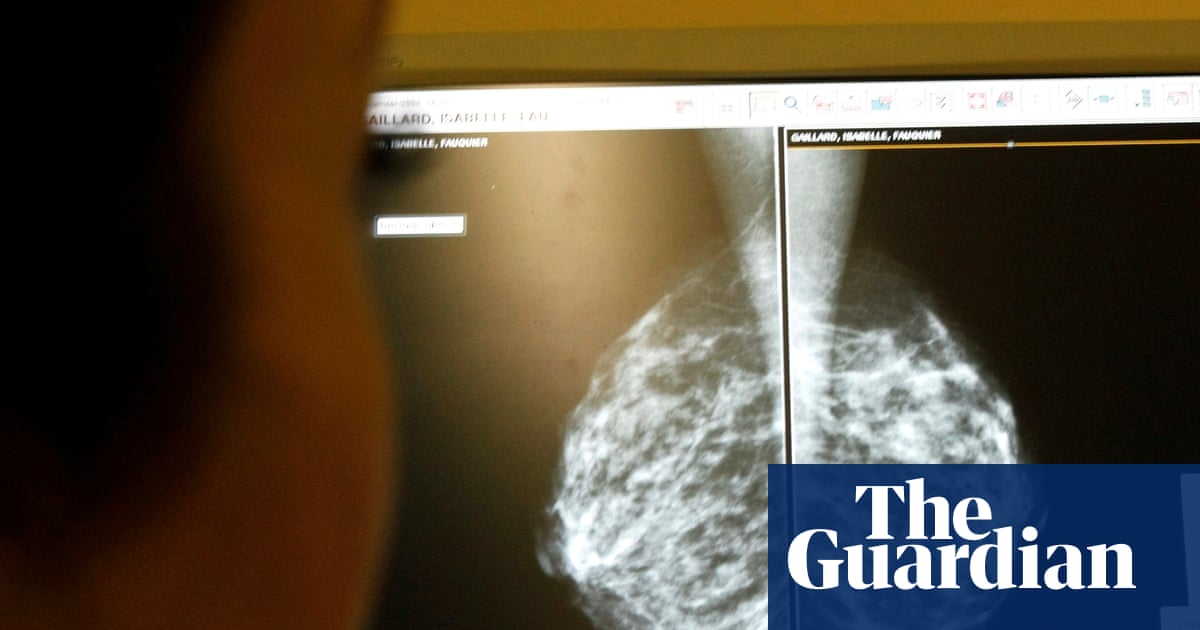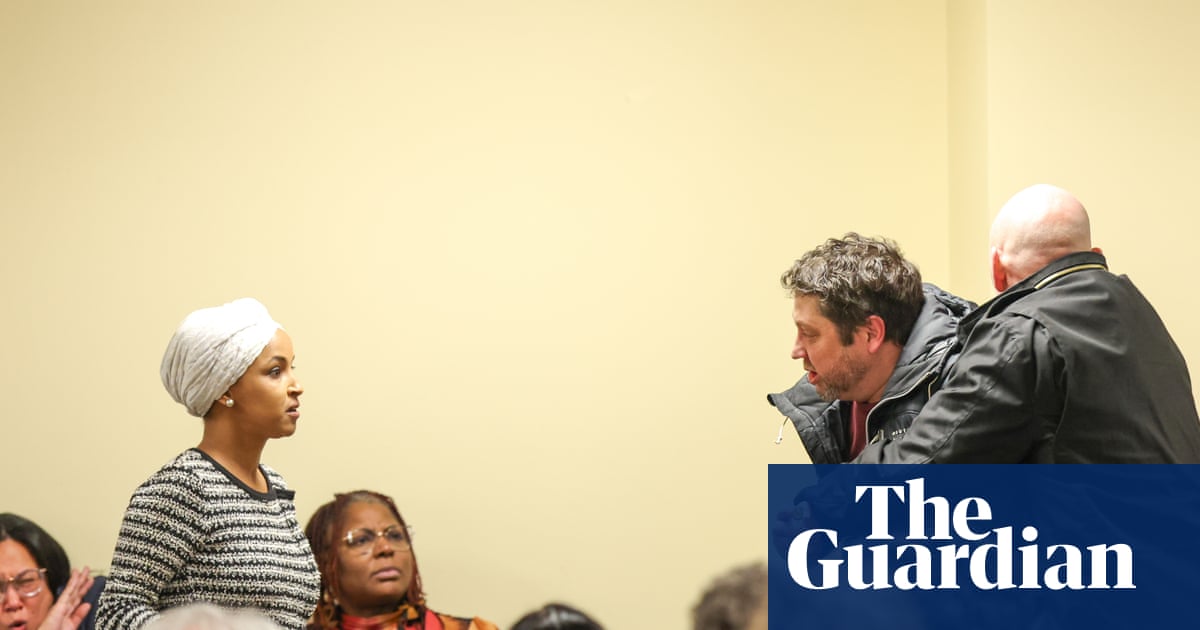Imagine being able to run a marathon in three hours and 17 minutes. That is certainly no mean feat. But now think about trying to sustain that same pace for another nine hours. To most of us, the idea veers somewhere between the fantastical and the insane. Yet that is what Caitriona Jennings, a 45-year-old ultrarunner from Donegal, did this month when breaking the women’s world record for 100 miles.
Her time for the Tunnel Hill 100 Mile in Illinois was 12hr 37min 4sec – an average pace of 7min 34sec a mile. Incredibly, until then Jennings had never run more than 60 miles in one go. Having smashed the record, she then jumped on a red-eye economy flight from Chicago that landed in Dublin at 5am. Then she cycled straight to the office, where she works for a company that trades and leases planes to global airlines.
Some say ultrarunners are a little kooky, a little out of the box. In truth, they probably are, but perhaps they can also teach us a thing or two about life, and how to live it.
Jennings dismisses the idea she is any kind of superwoman. Sure, the thought of running 100 miles felt a bit crazy at first, she says. But, as an experienced runner, why not probe the boundaries of the possible? So she trained before work and during her lunch breaks, as well as running 48-64 miles every weekend, to ready herself for what lay ahead.
“The hardest part in the race came after 60 miles because I hadn’t even got to the point where I could say: ‘Right, just one marathon to go now,’” she says. “But my body held up pretty well. It was just the mental side.”
Her coach, Terry McConnon, reckons Jennings has an amazing engine and some capacity for pain. The fact she finished the London 2012 Olympic marathon despite suffering a stress fracture in her foot suggests he has a point.
A little struggle, she says, is no bad thing. “You need to sustain a certain amount of pain because that’s just the nature of the game. If you are going to run that fast, for that long, you’re going to hurt unless you’re superhuman. I think I’ve had such a strong desire to do well and to win that I’m willing to suffer a little in order to get that.”
Intriguingly, Jennings is not the only ultrarunner in her 40s proving it is possible to juggle the preternatural and the normal. In October, Sarah Webster, a 46-year-old vet from East Sussex, took down the women’s 24-hour world record at the world championships in France, running an astonishing 173.1 miles.

Then there is Jasmin Paris, who last year battled hallucinations and no sleep to become the first woman to complete the Barkley marathon, which consists of five 20-mile loops with more than 12,000 feet of elevation gain per loop, in the 60-hour time limit.
That was the culmination of months of training from 5am to 7.45am, before her two children were up and she started work. “It sounds a bit corny, but you also find out more about yourself, when you strip away all the stuff that makes life easier,” she says.
That theme is explored in a new film, Run Again, that charts the singer Dave Pen’s attempt to complete the 268-mile Spine Race along the Pennine Way. “People say are you mad?” he says at one point. “But it’s not madness, is it? It’s living. I wanted to do something other people don’t do. I like extremes.”
At the end of the film, which has its UK premiere in London on Thursday, Pen trudges to the finish in 145hr 44min 45sec – more than 62 hours slower than Paris when she won the race in 2019.
after newsletter promotion
Not surprisingly, Pen, whose band Archive is popular across Europe, looks desperately sleep‑deprived, exhausted and frozen to his core. And yet he promises to be back.
Adharanand Finn was on to something when he described ultrarunning as a metaphor for life, with all its ups and downs, its struggles and revivals. In his brilliant book, The Rise of the Ultrarunners, Finn cites a tattoo the Spanish ultra-athlete Azara García de los Salmones has on her leg, as indicative of what pushes competitors on. “The devil whispered in my ear: ‘You’re not strong enough to withstand the storm,’ it reads. “I whispered back: ‘I am the storm.’”
Finn asks: “Is this the appeal of ultrarunning? To push ourselves to a place where we stand face to face with the devil, the depths of the struggle, but then to rise up to overcome it?”
When I put this to Jennings, she laughs and calls it an interesting theory. But for her there is something else. “As humans we’re not really designed to be on screens all day. We crave being in nature and having breaks from the noise in our heads. But, yes, you do get a huge sense of achievement from accomplishing a challenge you’ve set yourself. It’s like a drug that’s a very safe and healthy one.”
There is one thing that surprises her. “I would like for other women to see what I’m doing and realise it’s not actually that difficult.” I have people say to me quite a lot, ‘Oh, I’d love to do that, but I wouldn’t be able to.’ That still frustrates me. Because you can if you really want to and you’re willing to put in the work.”
Jennings is certainly living testament to that.

 2 months ago
39
2 months ago
39

















































